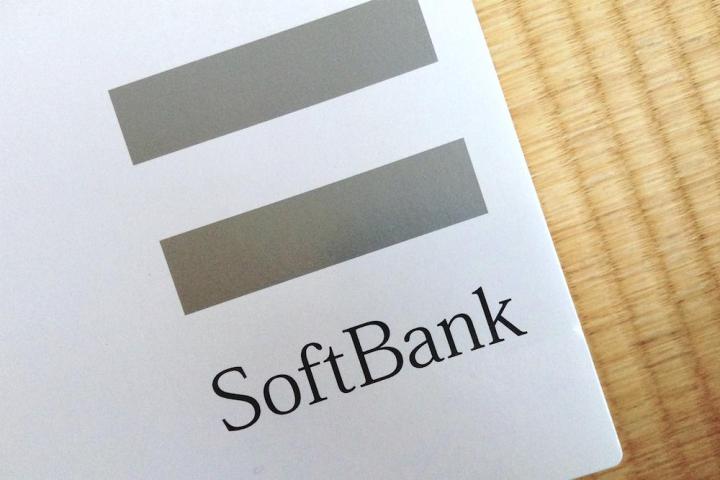
SoftBank is edging closer to acquiring T-Mobile, America’s fourth largest wireless carrier, according to a report Wednesday from reputable Japanese media outlet Nikkei.
To secure the deal, the Tokyo-based telecommunications giant is planning to buy a majority of shares in T-Mobile through Sprint, its recently acquired US subsidiary. The purchase, which SoftBank reportedly wants to have sorted by next spring, is expected to cost the carrier more than $19 billion.
SoftBank is said to be in “the final stages of talks” with T-Mobile’s parent company Deutsche Telekom, Nikkei reported, citing sources with knowledge of the matter.
It’s believed the Japanese company has plans to merge T-Mobile with Sprint, a move that would create a US-based carrier with around 100 million subscribers. This would put it just behind the nation’s two largest players, AT&T and Verizon, each of which has around 110 million subscribers.
SoftBank’s increase in handset sales resulting from a T-Mobile deal would likely give it more leverage in negotiating prices with phone manufacturers, Nikkei said in its report.
If the Japanese company manages to acquire T-Mobile, it would make SoftBank the second largest carrier on the planet in terms of revenue from mobile operations. China Mobile, which recently inked a deal with Apple to sell the iPhone through its service, is the current market leader.
Of course, any acquisition would have to be green-lighted by the US Federal Communications Commission and Department of Justice. This is where things could get interesting, as it was both of these bodies that in 2011 scuppered AT&T’s attempt to buy T-Mobile for $39 billion, believing a reduction in the number of carriers would restrict choice and lead to higher prices.
However, according to Nikkei’s report, SoftBank “apparently grew emboldened” by a recent decision from the Department of Justice where it gave the go ahead to the American Airlines-US Airways merger to create the world’s biggest airline. It had originally objected to the merger fearing it could adversely affect competition and lead to higher fares, but changed its mind after concessions were offered by the companies.


